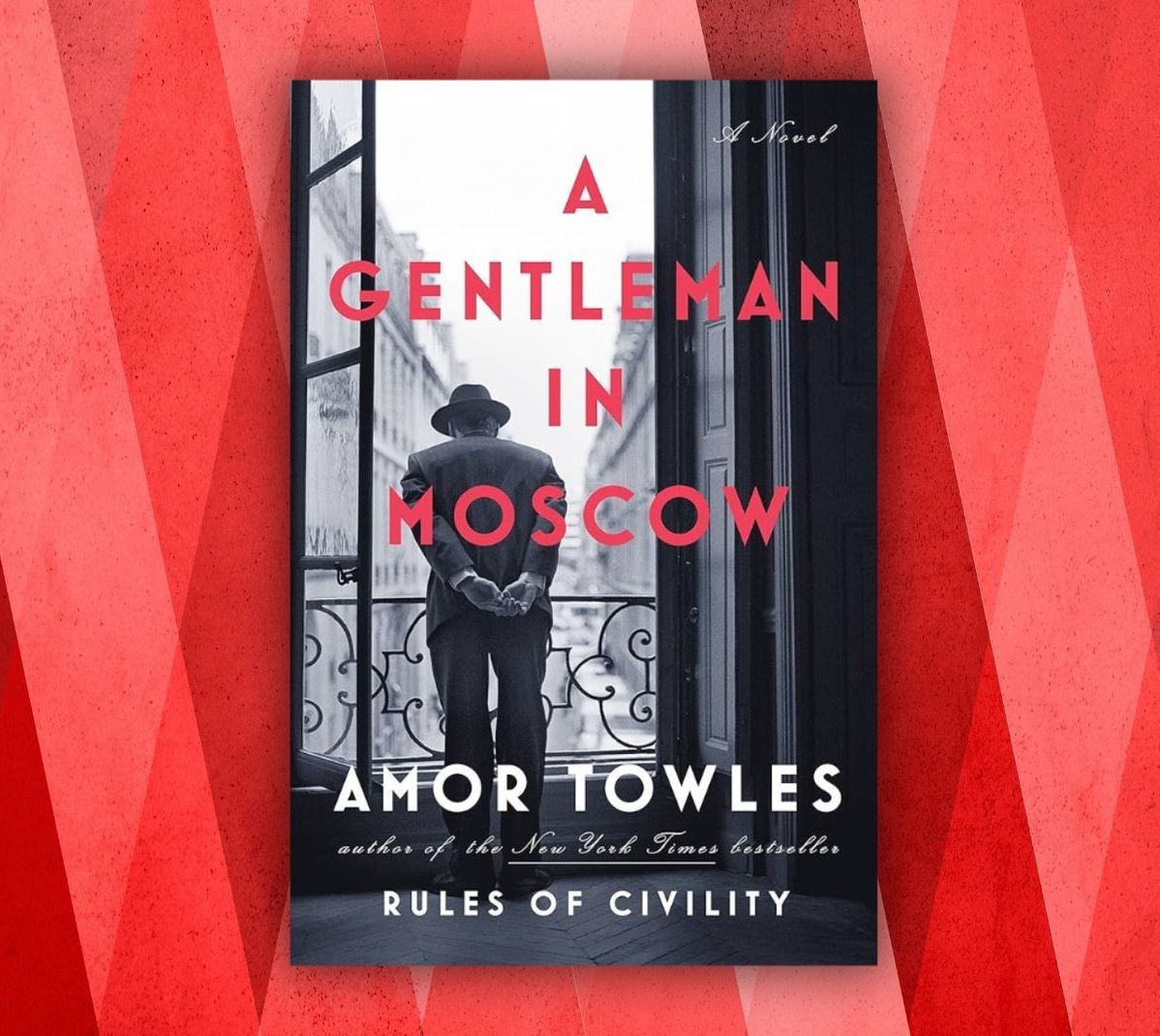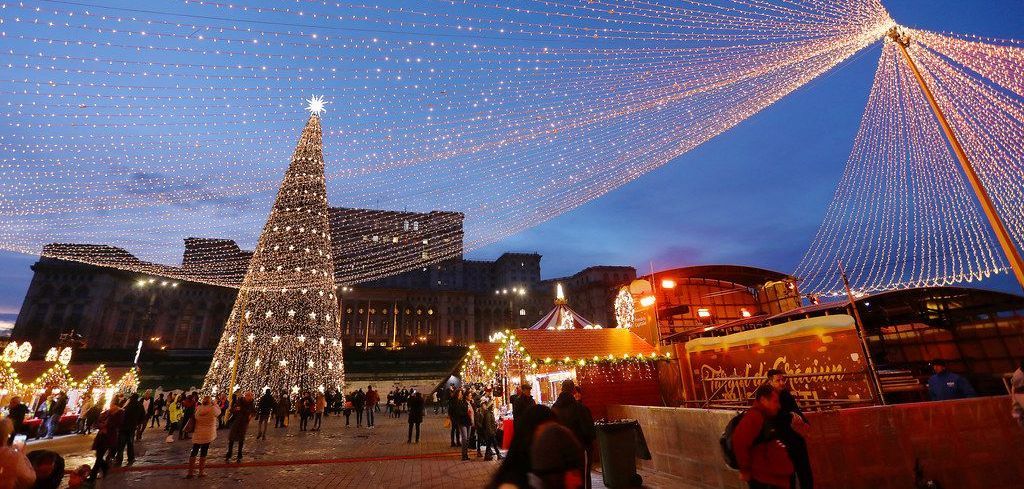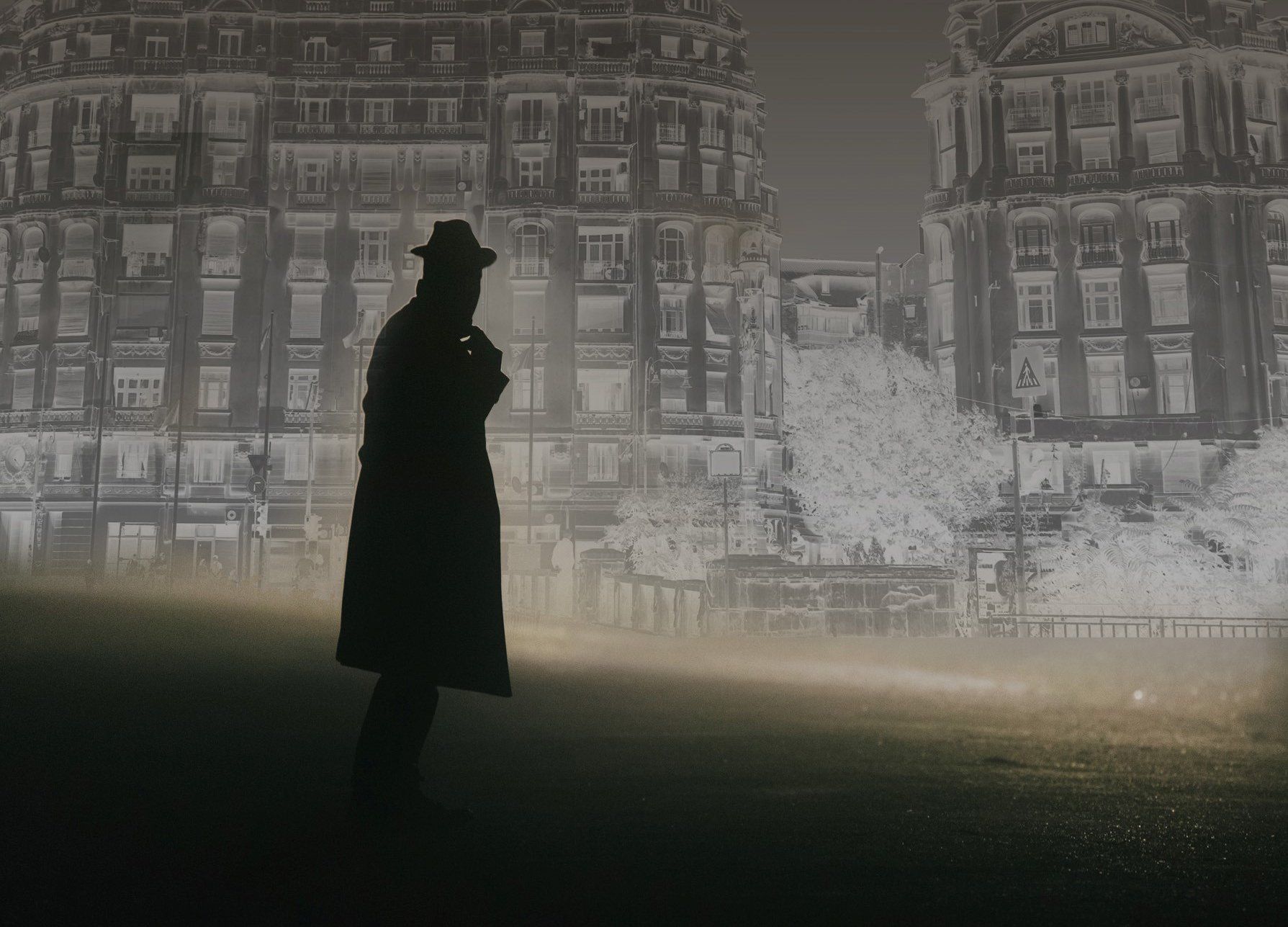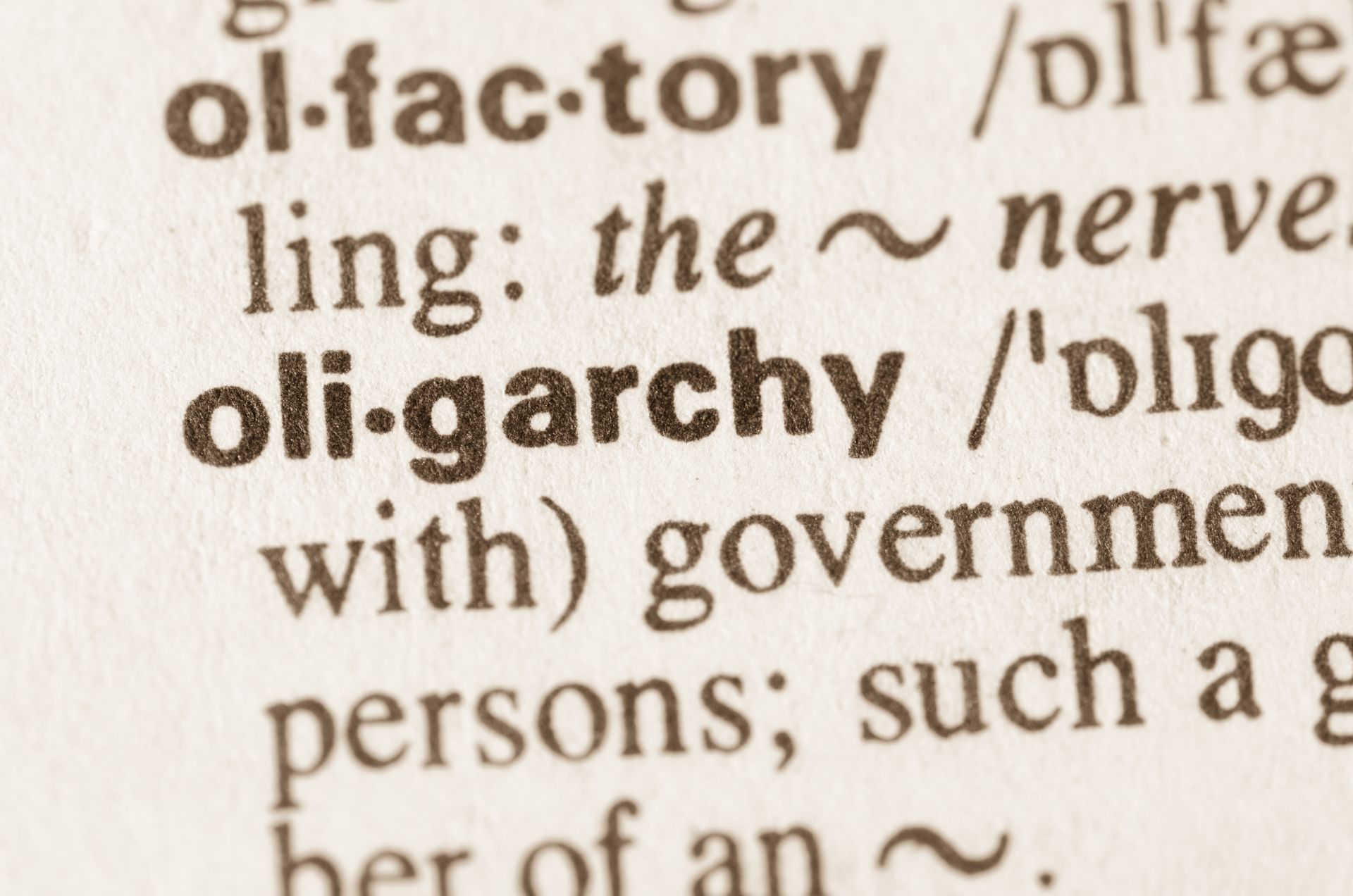Blog

With the popularity of Amor Towles at an all-time high from the recent launch of the TV series “A Gentleman in Moscow” based on his bestselling novel and his just-published and highly acclaimed Table for Two collections of short stories, multi-award-winning author William Maz (The Bucharest Dossier and The Bucharest Legacy) files this insightful essay prompted by his second read of A Gentleman in Moscow.

The world seems to be celebrating war this season, and we must not forget those suffering. Both the Israeli-Hamas war and the Russian-Ukrainian war are devastating, causing death and suffering to tens of thousands of civilians and destruction of cities. I’d like to focus on the Ukrainian war for a moment, since it is related to what I have been writing about in my books. The invasion of Ukraine is a revanchist movement by the old Soviet guard to regain the power and glory that it thinks Russia once had. But these old nostalgic dreamers have gone back not to the communist system, which Putin declared a “dead end,” but to previous Czarist regimes, with the oligarchs playing the roles of barons, dukes, and earls of the previous nobility. This backward-looking dream is not that different from other revanchist movements, such as Napoleon declaring himself emperor after the French Revolution did away with nobility, and with the ultra-conservative Muslim movement in the Middle East which dreams of returning the region to a Caliphate dating back centuries. Both movements should be viewed not as regional conflicts, having nothing to do with us, but as direct threats to our own democracy.

“Bine ai venit!” Welcome and thank you for your interest in my writing! I am delighted you’re here. Whether you are writer, reader, or an agent of the CIA, I’d like to share with you how my new book The Bucharest Dossier came to be. But first, some context… I was born in Bucharest, Romania of Greek parents and lived under communism for a part of my early childhood. Since then, I have visited Bucharest many times, both during the communist years and after the revolution, and have relatives and friends still living there. I wanted to write about the Romanian revolution that brought it out of communism both for personal reasons and because I wanted to portray the lives of the people living under a totalitarian regime. In December of 1989, the other former Soviet satellite countries had undergone their own version of a “velvet” revolution, a peaceful transition to democracy. Romania was the sole Soviet satellite country that still remained under the grip of the Stalinist tyrant Nicolae Ceausescu. Even the Berlin Wall had fallen. But the Romanian revolution would not be a peaceful one.

The Bucharest Legacy - The Rise of the Oligarchs The tragedy of many of the countries that suffered under the totalitarian yoke of communism is that the suffering did not end when the Iron Curtain fell, or when their governments declared they now became a capitalist democracy. The culture of corruption that had been engrained for several generations continued.


